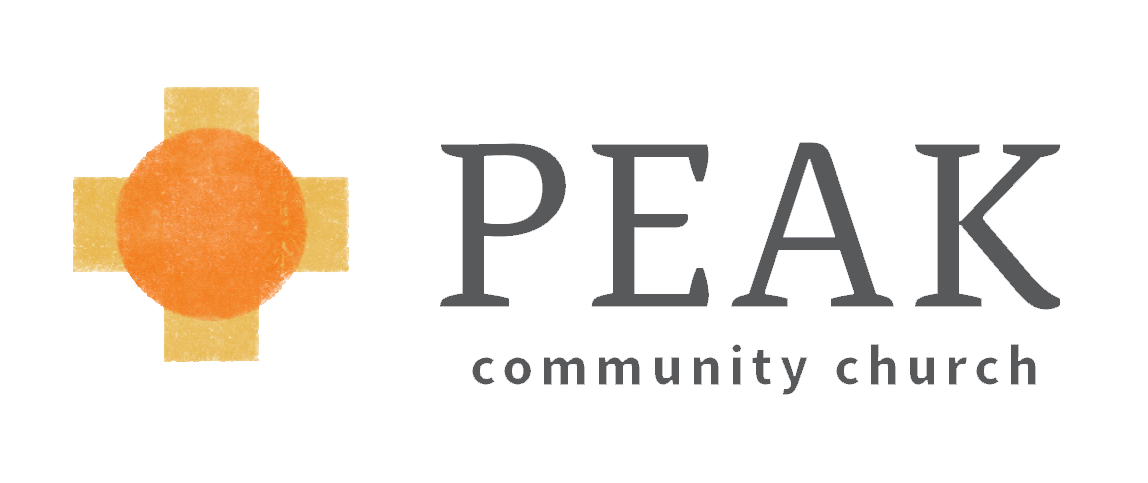One of my most embarrassing moments with a friend happened the summer I turned 14. I grew up in Florida. Florida in the summer is unbearable unless you live on the beach. Growing up in a family of average means, we did not own a house on the beach, and so every summer I sought refuge indoors, in air conditioning, and most often this meant some kind of elective summer school.
One summer, in a program at the local university, I met Zach. We hit it off instantly. We seemed to dislike the same classes for the same reasons, shared a similar sense of humor, and generally liked all the same things—this is how almost all friendships start: with something in common.
Then we entered the next phase of friendship: we learned what we didn’t have in common, and confided in each other. Slowly Zach began divulging information about his life. He had been cast as an extra in the film, Edward Scissorhands. A lot of kids might have led with this information; Zach waited, and said it almost in passing. Later I found out he owned a small plane. He owned it—a small plane. Again, he brought it up because it was part of the conversation, and didn’t make a big deal out of it. Neither did I.
The last time I saw him was at our summer school’s weird “graduation” ceremony. My parents were there. I think everyone was “recognized” for something. I wanted my parents to meet my new friend, Zach, and I wanted them to be excited to meet him, and so I foolishly said to my mom, “You should meet my new friend Zach—he owns a plane!”
When I finally introduced Zach, my mother said what anyone would have said, “Oh, you’re the friend with the plane!” I could tell instantly that something changed in Zach. It wasn’t until then that I realized why he had been slow in divulging information about his life. He didn’t want someone to be his friend because he was wealthy. He wanted someone to be his friend.
The great African theologian Augustine of Hippo makes one of the most critical distinctions in theology: the distinction between use and love. When we love or adore what should be used, that’s idolatry, like worshipping money, or cars. When we use what should be adored for its own sake, that’s blasphemy. Zach was looking for a friend who wouldn’t use him for his plane, or his connection to Hollywood. He wanted a friend who simply wanted to be his friend, who enjoyed him—Zach.
Friendship is enjoying another person for who they are, not what they can do for you. Right now we are abundantly aware of the “benefits” of friendship. Isolation is its own pandemic, and many are waking up to the intentionality necessary to make and sustain meaningful connections with other people. If we don’t, we may well lose our minds. That’s all true. But here is the paradox of friendship. The most beneficial and lasting friendships are sustained precisely because we do not cling to them as solutions to our problems, but simply because we are interested in another person; we like being with them—they are someone we would prefer to be with rather than not. Once we develop a friendship like that, good things will come of it, but as soon as we’re in it for the good things, the friendship fades.
Turkish theologian Gregory of Nyssa says that we ought to think of friendship with God in the same way:
This is true perfection: not to avoid a wicked life because, like slaves, we servilely fear punishment, nor to do good because we hope for rewards, as if cashing in on the virtuous life by some businesslike and contractual arrangement. On the contrary, disregarding all those things for which we hope and which have been reserved by promise, we regard falling from God’s friendship as the only thing dreadful, and we consider becoming God’s friend the only thing worthy of honor and desire. This, as I have said, is the perfection of life.
This, he says, was how Moses came to be called a friend of God. But perhaps most astonishing is that this is how God feels about us:
I do not call you servants any longer, because the servant does not know what the master is doing; but I have called you friends, because I have made known to you everything that I have heard from my Father (John 15:15).
I regret my lost friendship with Zach, but I am grateful that I have made many other friends, many of whom have forgiven me for similar blunders. I’m also grateful that we have been made friends of God, not because God needs to fix us, but because God genuinely enjoys us and is willing to do whatever it takes to forgive us and bring us into friendship with him.

